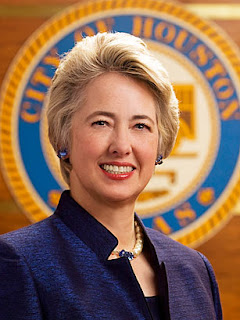b. May 31, 1945
d. June 10, 1982
“I’d like to be for cinema what
Shakespeare was for theatre, Marx for politics and Freud for psychology: someone after whom nothing is as it used to be.”
Shakespeare was for theatre, Marx for politics and Freud for psychology: someone after whom nothing is as it used to be.”
Actor, director and screenwriter Rainer Fassbinder made over 40 films in his 15-year career. He is among the most important figures in New German Cinema.
Born in the small Bavarian town of Bad Wörishofen, Fassbinder was raised by his mother. Her long hours at work left Fassbinder to occupy himself, which he did by going to the cinema. “The cinema was the family life I never had at home,” he said.
Leaving school before taking his final exams, Fassbinder immersed himself in film. He made his first short films at age 20, persuading an older lover to finance and act in them.
In 1967, Fassbinder joined a radical theater troupe in Munich. He directed and acted in productions with Peer Raben, Kurt Raab, Hanna Schygulla and Irm Hermann, who became regulars in Fassbinder productions. The next year, Fassbinder directed “Katzelmacher,” his first play.
Fassbinder’s most prolific years as a director, writer and actor in film, theater, television and radio began in 1969. On average, he released one film every hundred days.
A major theme of his work focuses on the individual’s tragic longing for love. Among his popular films are “Love Is Colder Than Death” (1969), “Ali: Fear Eats the Soul” (1973) and “I Only Want You to Love Me” (1976). Often considered his best work, “Berlin Alexanderplatz” (1980) was a 15-hour television drama.
Several Fassbinder films deal with homosexuality, a taboo subject for major directors of the time. Films such as “Querelle” (1982) and “The Bitter Tears of Petra von Kant” (1971) focus on gays and lesbians as societal outsiders.
Fassbinder’s radical behavior, drug and alcohol addiction, frequent public appearances in the New York City leather scene, and violent relationships with lovers, both male and female, were followed in tabloids and gossip columns.
At age 37, Fassbinder died from an overdose of drugs and alcohol. His death marked the end of New German Cinema.
BibliographyRainer Werner Fassbinder Foundation. 29 April 2009
"Rainer Werner Fassbinder." Wikipedia, the free encyclopedia. 30 April 2009
Films
Love Is Colder Than Death (1969)
Katzelmacher (1969)The Bitter Tears of Petra von Kant (1972)
Ali: Fear Eats the Soul (1974)
I Only Want You to Love Me (1976)
The Marriage of Maria Braun (1979)
Berlin Alexanderplatz (1980)
Lola (1981)
Veronika Voss (1982)
Querelle (1982)
Video Interviews
On honesty in Filmmaking
On politics and his film "Berlin Alexanderplatz"
On relationships
Books By Rainer Fassbinder
The Anarchy of the Imagination: Interviews, Essays, Notes (1992)
Fassbinder: Plays (1992)
Chaos as Usual: Conversations About Rainer Werner Fassbinder by Marion Schmid, Herbert Gehr, and Juliane Lorenz (1999)Fassbinder's Germany: History, Identity, Subject by Thomas Elsaesser (1996)











